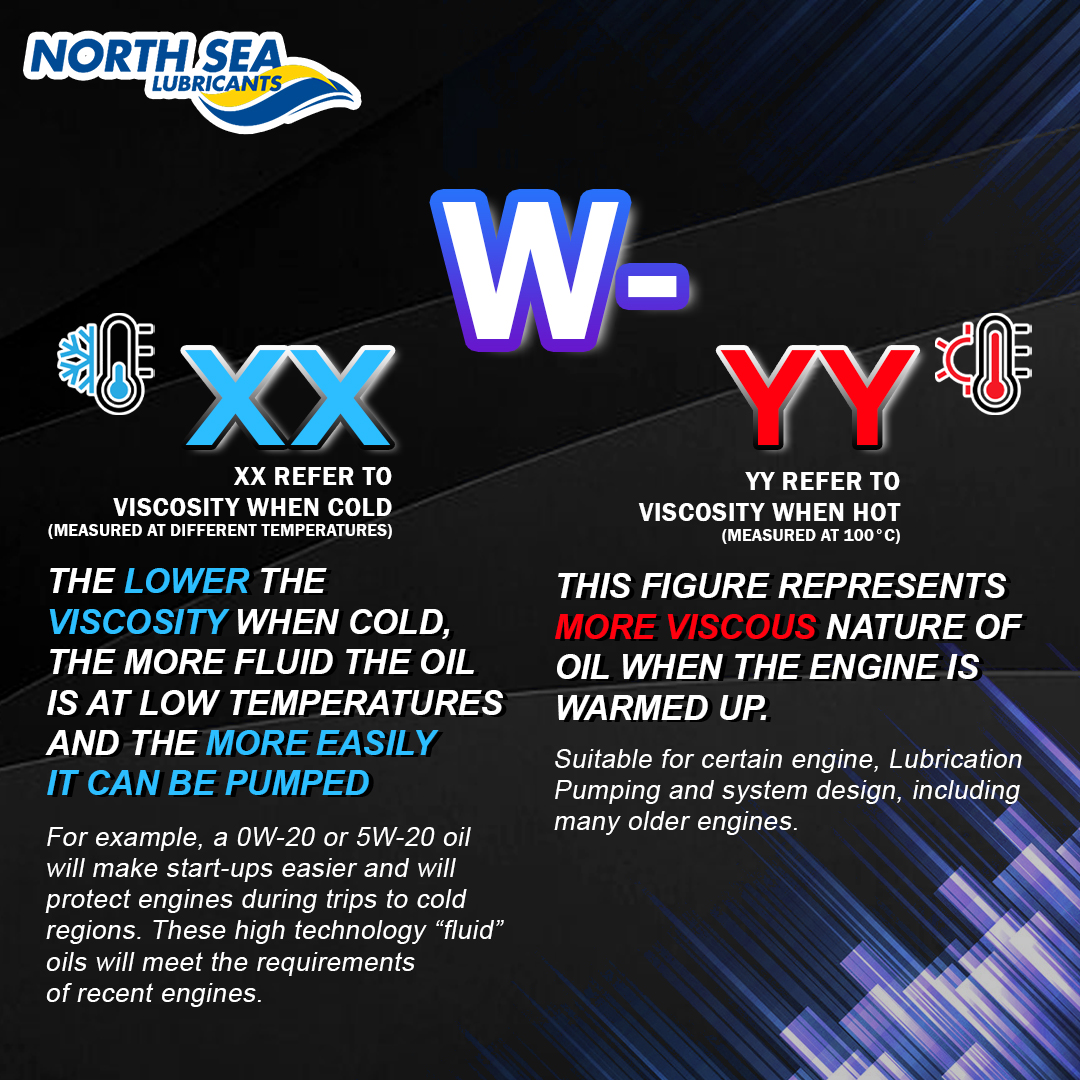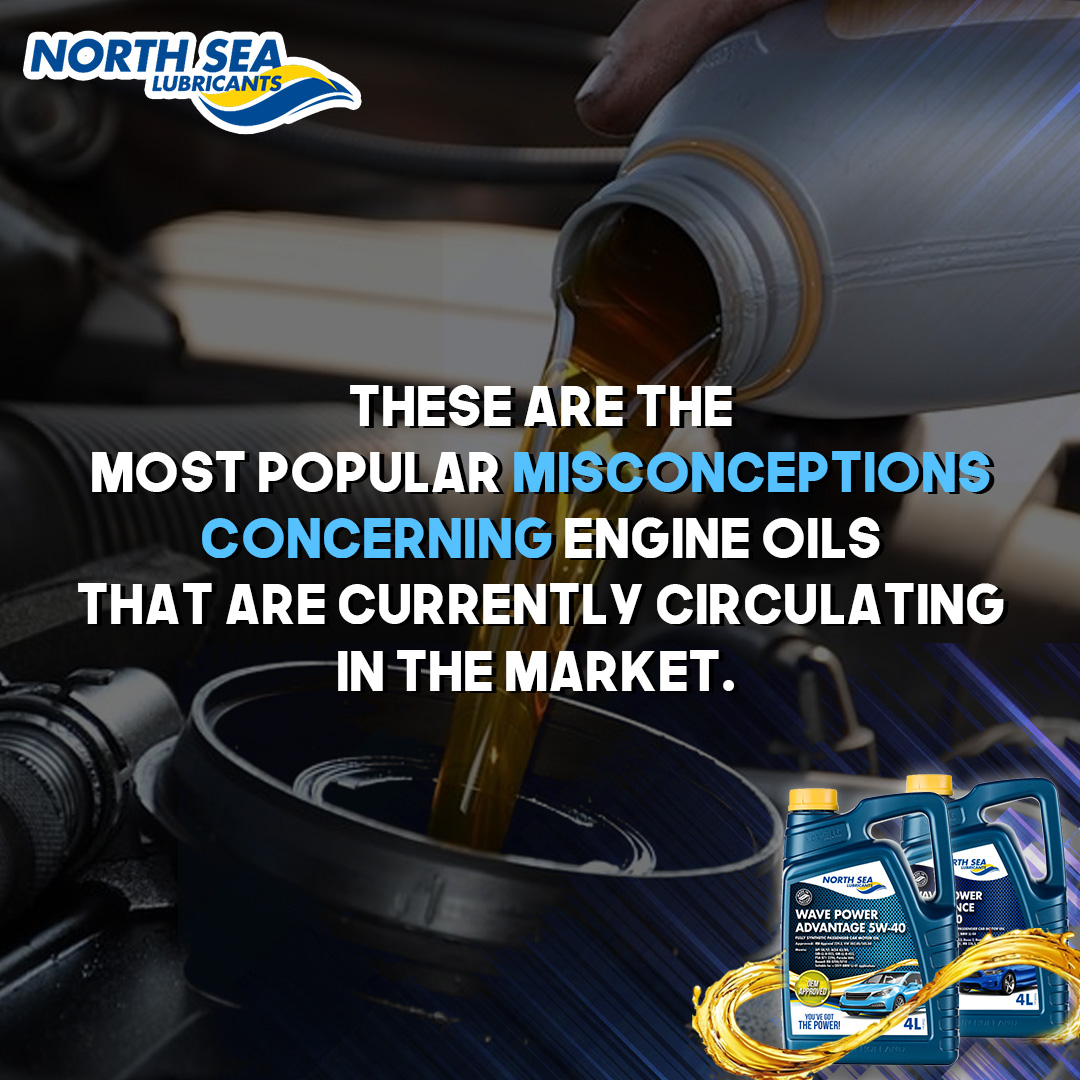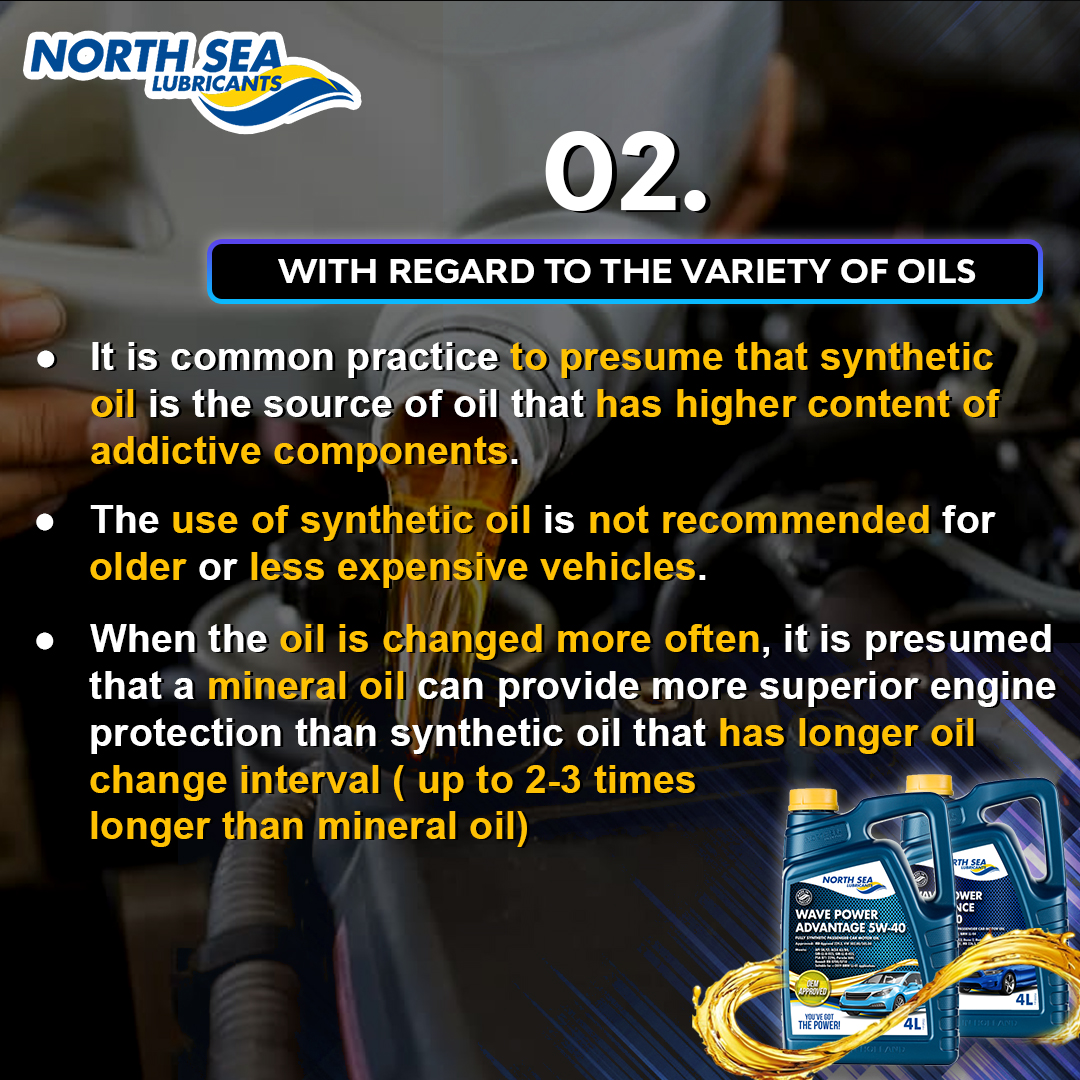How to choose right engine oil for your ride?
In addition to the cost of the oil, design of oil and recommendation of the service mechanic, the majority of individuals Who have a fairly decent understanding of automobiles will choose engine oil based on two main aspects that are described.
The Number(s) with the alphabet "W"
The first items that has to be looked at are the numbers that are written on the label of the oil. This is actually a measurement, which is referred to as the (SAE) Viscosity Grade and often has the form of xW-Y, for example, 15w-40, 5w-30. 0w-20. These are the numbers that refeclt the viscosity of the substance. If the number is greater, than the oil is thicker.


The Type of Oil
Types of oil is often the second thing on the list of things that are consumers are worries about. Almost all of you are probably familiar with the several types of oils available, including fully synthetic, semi-synthetic, partial synthetic, synthetic blend, mineral and conventional oils. Different types of oil provide diffrent advantages, performance characters and benefits.
In reference to the viscosity of the oil
- One of the most widespread misconceptions on this subject is that the user should choose a motor oil with a greater viscosity when the engine displacement is larger.
- when the horsepower is high, using oil with a thicker consistency is the best choice.
- Some people are under the impression that heavier oil may better withstand oil breakdown.
- When the oil is of lower viscosity, the engine will consume more oil than normal.


With regard to the variety of oils
- It is common practice to presume that synthetic oil is the source of oil that has higher content of addictive components.
- The use of synthetic oil is not recommended for older or less expensive vehicles.
- When the oil changed more often, it is presumed that a mineral oil can provide more superior engine protection than synthetic oil that has longer oil change interval ( up to 2-3 times longer than mineral oil )


